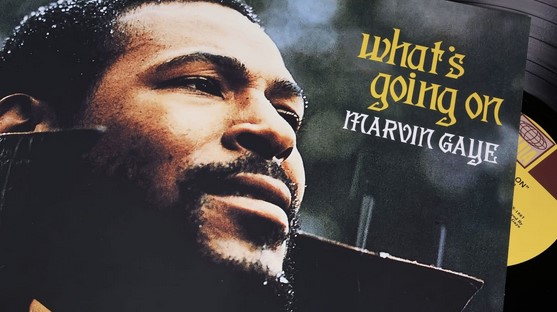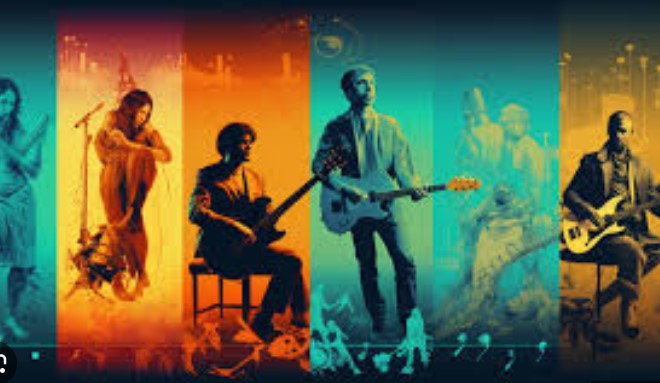Lyrics play a crucial role in connecting music with its audience. While melody and rhythm are essential, it’s the words that often create the emotional connection. The lyrics can evoke powerful feelings, tell compelling stories, and even shape the listener’s personal experiences. In this post, we’ll explore how lyrics help establish a deeper bond between artists and their listeners, making music not just an auditory experience but an emotional journey.

Lyrics as a Form of Emotional Expression
Lyrics serve as a direct form of emotional expression. When artists craft their songs, they often pour personal experiences, thoughts, and feelings into the lyrics. These raw emotions can resonate deeply with listeners, creating a sense of understanding or empathy. Whether the song is about love, loss, joy, or struggle, well-written lyrics can evoke a range of emotions. For example, songs like “Someone Like You” by Adele or “Hallelujah” by Leonard Cohen are known for their ability to stir deep emotions. The more personal and honest the lyrics, the more likely they are to connect with listeners on a profound level.
Storytelling Through Lyrics
One of the most powerful aspects of lyrics is their ability to tell a story. Music has long been a medium for storytelling, and lyrics help convey narratives that listeners can follow and immerse themselves in. Whether it’s a love story, a tale of triumph, or a social commentary, lyrics provide the framework for storytelling. Songs like Johnny Cash’s “A Boy Named Sue” or Bob Dylan’s “The Times They Are A-Changin’” use lyrics to paint vivid pictures, making the listener feel as though they are part of the story. Through these stories, lyrics allow listeners to experience emotions and events that might be far removed from their own lives but still deeply relatable.
Lyrics as a Reflection of Shared Experiences
Lyrics often serve as a mirror to the listener’s own life. When a listener hears a song that mirrors their own experiences, it creates a sense of connection. This is especially true for songs that tackle universal themes like heartbreak, hope, and identity. People often turn to music during challenging moments because the lyrics help them feel understood. For example, a teenager dealing with the struggles of growing up might find comfort in the lyrics of songs by artists like Lorde or Taylor Swift. In this way, lyrics become a tool for listeners to process their own emotions and experiences, creating a sense of community through shared understanding.
The Power of Lyrics in Social and Cultural Movements
Lyrics have the power to influence social and cultural change. Throughout history, many songs have acted as anthems for social movements, speaking out against injustice or advocating for change. The lyrics of songs like “Imagine” by John Lennon or “Fight the Power” by Public Enemy have had a significant impact on society. These songs not only resonate with individuals but also unite people around a common cause. Through lyrics, artists can raise awareness about important issues, challenge societal norms, and inspire action. The power of words in music is undeniable, as lyrics can push boundaries and spark conversations that lead to change.
Lyrics and Audience Engagement
Finally, lyrics foster deeper engagement between artists and their audience. Fans often find personal meaning in the lyrics of their favorite songs, sometimes interpreting the words in ways that resonate with their own lives. This connection creates a bond between the artist and their listeners. Many fans feel as though the artist’s lyrics are speaking directly to them, which can lead to a sense of loyalty and emotional investment. Social media platforms and live performances allow artists to engage with fans about the meaning of their lyrics, creating a conversation that extends beyond the music itself. In this way, lyrics act as a bridge between the artist and their audience, allowing for a unique and personal connection.
Conclusion
The role of lyrics in connecting with audiences is undeniable. Lyrics offer a powerful means of emotional expression, storytelling, and social commentary. They create a bond between the artist and the listener, allowing the audience to see themselves in the music. Whether through relatable experiences, stirring emotions, or compelling stories, lyrics help music resonate deeply with its audience. The next time you listen to a song, pay attention to the lyrics—they are often the key to truly connecting with the music.









